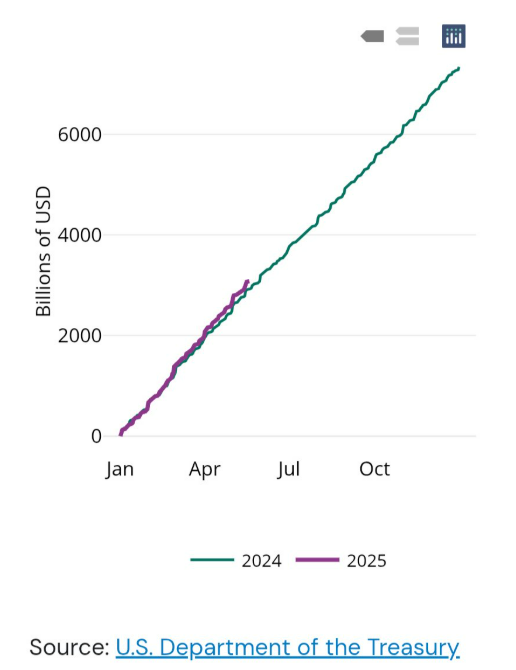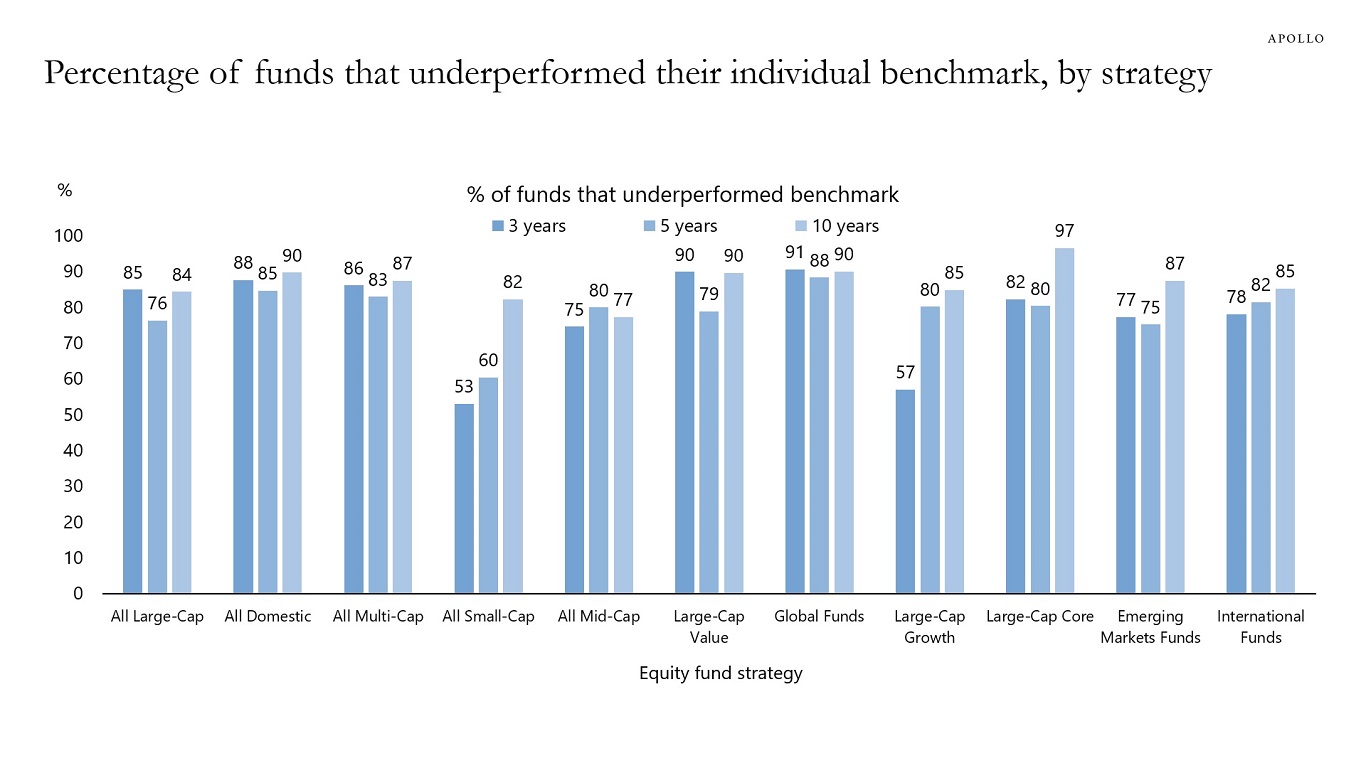Adaptogens are popular for reducing stress and anxiety. One expert warns of the risks
“Not every herbal supplement is good for you or safe to consume,” an expert says.

Finding a way to manage stress and anxiety takes a lot of mental effort, which is why some look to supplements for additional support. And if you’ve ever researched the many different suggestions for stress and anxiety management, you’ve likely come across the term adaptogens. These are ingredients derived from herbs, roots, mushrooms, and plants that are converted into nutritional supplements or added to other foods.
Adaptogen supplements have surged in popularity—the market value was estimated at over $10 billion in 2023 and only expected to grow. Common adaptogen supplements include ashwagandha, rhodiola, and ginseng, which can be found in capsules or teas; and fungi, like the reishi mushroom, which is often dried and crushed into a powder. As adaptogens have become more mainstream, you can even buy in the form of mushroom coffee, sparkling water, and drink mixes.
But do these supplements actually work? Here’s what one expert has to say.
Do adaptogens help relieve stress and anxiety?
Adaptogens “may help our bodies manage stress or more-quickly restore homeostasis (or the body’s natural balance) after stressful situations,” says Dana Hunnes, senior dietitian supervisor at UCLA Medical Center and professor at the Fielding School of Public Health.
Those stressors can be physiological, like an injury or burnout from work, or psychological, such as from emotional distress, she adds.
Hunnes explains that adaptogens may help lower cortisol levels which would dampen the body’s stress response. But that largely depends on the dose you get, which can be hard to pinpoint.
“It’s not really clear how effective they are and what dose is ‘needed’ to have the desired effect,” Hunnes tells Fortune in an email.
Ashwagandha, for example, is an herb that’s been used for centuries in India’s Ayurvedic system of medicine. Some research indicates that it may help improve sleep and alleviate anxiety. But how much is needed to benefit is unclear.
“Additionally, it’s not known whether the dose of adaptogens that are available for purchase, or the amounts found in supplements or beverages on the market are high enough to produce a medicinal effect,” Hunnes says.
And since there is little evidence that one type of adaptogen is better than another, Hunnes explains, so it’s hard to say which will work best for you.
The risks of taking adaptogens
Adaptogens, like other supplements, aren’t regulated the way drugs are—which could lead to a wide variation in dosage. “So what you think you’re buying may not actually contain as much—or may sometimes contain more—than you think,” Hunnes says.
She also cautions that adaptogens carry risks and side effects, which is why you should always talk to your doctor before taking any supplement. Ashwagandha, one of the more popular forms of adaptogens, has been associated with an increased risk of acute liver toxicity or shock and should not be used during pregnancy. Ashwagandha may also increase testosterone levels, which is often not desirable for women.
Reishi mushroom may produce side effects, like nausea and insomnia, and could cause liver damage, according to Memorial Sloan Kettering Cancer Center.
“Not every ‘herbal supplement’ is good for you or safe to consume,” Hunnes says.
Additionally, there are potential drug interactions that come with any adaptogens, she says. Reishi mushroom could negatively interact with commonly prescribed blood thinners, like warfarin, increasing the risk of bleeding. Taking adaptogens with antidepressants could lead to symptoms like abdominal pain, nausea, and restless leg syndrome.
“Just because something claims to be healthy in isolation, does not mean it will be healthy in your body or mixed with other medications,” Hunnes says.
Should you take adaptogens?
“I honestly wouldn’t recommend it,” Hunnes says. “There are just too many unknown or unknowable interactions that can take place between taking ‘supplements’ and ‘herbs’ and medications, even over the counter medications.”
“I really would advocate for finding non-medicinal ways of dealing with anxiety or stress,” she adds.
If you find yourself in a period of high stress or anxiety, Hunnes recommends the following strategies before reaching for a supplement:
- Slow down and take time for yourself.
- Set boundaries.
- Do things that relax you.
- Spend time in nature.
- Cut back on caffeine, which can cause more stimulation.
The American Psychological Association (APA) also has grounding and relaxation techniques to help calm your nervous system. However, if you are struggling with chronic stress and anxiety, the APA advises seeking professional help from a psychologist.
For more on supplements:
- Why probiotic supplements might be ‘a waste of money’ and could even backfire for some
- The dietary supplements you think are improving your health may be damaging your liver, research warns
- The best diet to help lower your risk of prostate cancer, according to experts
- 3 takeaways from a cardiologist and ‘SuperAgers’ researcher on how to live longer and healthier
This story was originally featured on Fortune.com











































































































































































